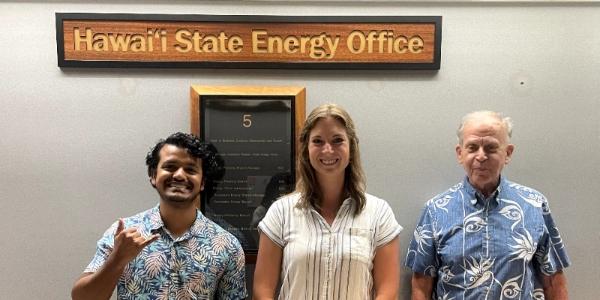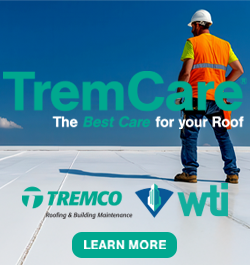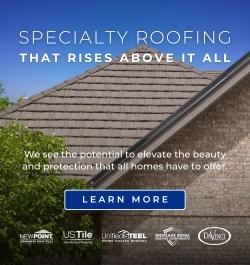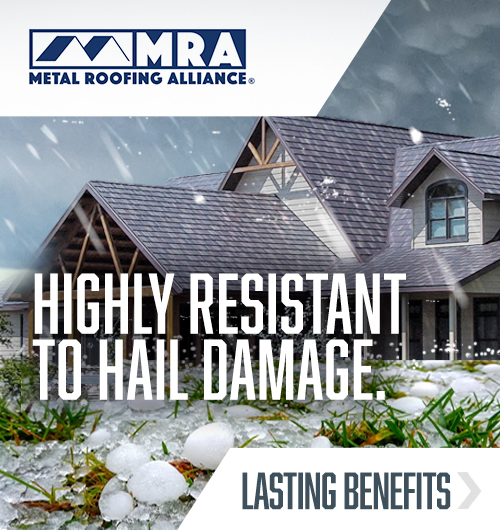Hawaiʻi’s push for energy efficiency and skilled labor

By Dani Sheehan.
Hoping to build a sustainable future in the state, the Hawaiʻi State Energy Office is investing in workforce development and improving energy efficiency in the commercial construction industry.
The evolution of energy codes from the 1980s to the present has pushed the construction industry to rethink how buildings, and particularly roofs, contribute to energy efficiency. Roofing contractors are increasingly becoming a part of this energy transformation. The Coffee Shops Editor, Lauren White, recently interviewed Howard Wiig and Ron Chatterjee at the Hawaiʻi State Energy Office to discuss the importance of evolving building codes and how Hawaiʻi is working toward improving their energy-efficient building solutions.
Howard set the stage by talking about the evolution of building energy codes, sharing, “I saw the evolution of building codes from virtually nothing. The first glimmering of energy codes emerged around the 1980s for commercial buildings, and then in the 1990s came the upwelling of energy codes for residential buildings.”
Most commercial builders were on board with reducing the energy use in commercial buildings, and the energy office led the charge. Ron explained, “Howard’s been working on new construction for a long time, and Hawaiʻi is well positioned for that. But a lot of our building stock here is existing buildings. We don’t have a very high new construction rate compared to Oregon or Washington or California. A lot of our commercial buildings are existing buildings, and so we are looking into efficiency measures for those buildings.”
These efforts have not been in vain. This year, they put a grant application in with U.S. Department of Energy and received funding from the IRA to help jump start the serious renovations needed to improve the efficiency of the existing buildings around the state. Ron shared, “The program that this money is for is to develop energy targets for existing commercial buildings. We’re not currently directed at residential, although some very large multifamily buildings are going to be part of this at a later date. It’s office buildings, hospitals, shops and resorts which are the main energy users within the commercial sector.”
While they received a large sum of money to hit the ground running, the funds are not enough to cover the retrofits themselves but will get the project started. “The primary use of the funding is going to be developing the skilled trades workforce that will be needed by the state to do this work,” Ron continued. “The money is to set up workforce development programs, apprenticeship programs, as well as funding certain efficiency-related technical positions at the county levels.”
40% of these funds will be directed toward workforce development programs in marginalized communities, working to increase construction skilled labor in the state as well as providing energy code training. Howard added, “We’ll also be doing a lot of community outreach. We have a separate program called the Wayfinders, and that is where a supervisor recruits mostly young people who are very interested, environmentally inclined and they want to get into the environmental business in some way, shape or form.”
Many states throughout the country are leading similar efforts to improve the sustainability of the built environment. For Hawaiʻi, this is just the beginning. They continue to apply for grants and work with the Hawaiʻi Roofing Contractors Association and other builders’ groups to make improvements to the state of Hawaiʻi while pushing for stronger building codes nationwide.
Have a question? AskARoofer.
Find your local roofing contractor in the RoofersCoffeeShop® Contractor Directory.
About Dani
Dani is a writer for The Coffee Shops and AskARoofer™. When she's not writing or researching, she's teaching yoga classes or exploring new hiking trails.










Comments
Leave a Reply
Have an account? Login to leave a comment!
Sign In